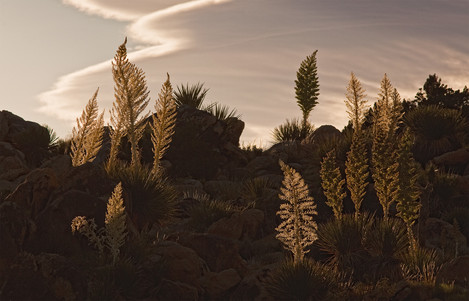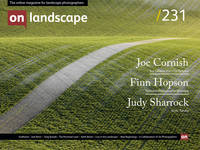20 years in Joshua Tree National Park

Greg Russell
Greg Russell is a landscape photographer and public land owner who lives in southern California. He is rooted in the West and enjoys wilderness and good beer. Follow his photography at his website or on social media.
alpenglowimagesphotography.com
To me, photography is an art of observation. It’s about finding something interesting in an ordinary place…it has little to do with the things you see and everything to do with the way you see them.Elliott Erwitt
Over 100 years ago, Joshua trees got their name from Mormon pioneers who were reminded of the prophet Joshua directing them toward the Promised Land. Despite their uniqueness, Joshua trees are not as majestic as a redwood or a sequoia, nor as charming as a Monterey cypress. It’s easy to understand why Joshua trees require a little time to warm up to. Mary Hunter Austin, an early champion of the desert, noted the “unhappy growth of the tree yuccas” and their “bayonet-pointed leaves, dull green, growing shaggy with age, tipped with panicles of fetid, greenish bloom.” These might seem like harsh words, but Austin was keenly aware of the time required to build a sense of place in the desert. This is a lesson I’ve learned slowly over time as well.
Growing up on the Colorado Plateau, my younger self never would have suspected I’d create such strong ties to the Mojave Desert, nor that it would play such a large role in my creative and photographic development. I’ll always maintain my roots in the Four Corners region, but now southern California is my home. Twenty years ago, I moved here to attend graduate school and never left.

Shortly after my arrival, I sought out Joshua Tree National Park for the first time. I had heard about ‘Joshua Tree’ through rock climbing circles. I’ve returned regularly since that first visit, and now after two decades of exploration, I am looking back on how it has shaped my photographic vision, as well as why it’s been such an instrumental landscape in my understanding of place.

